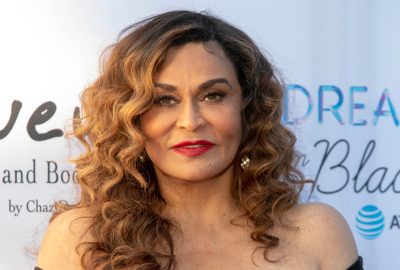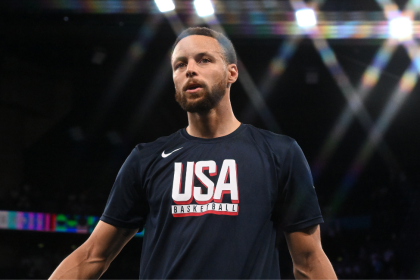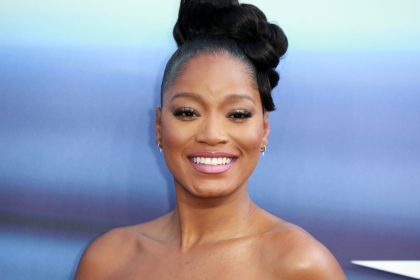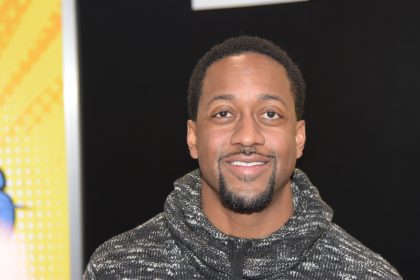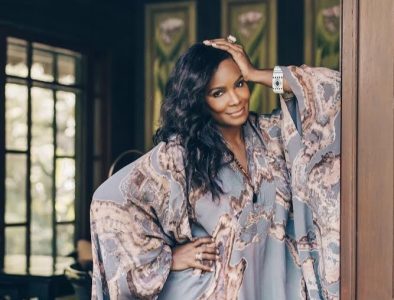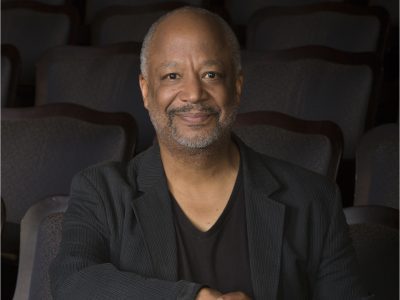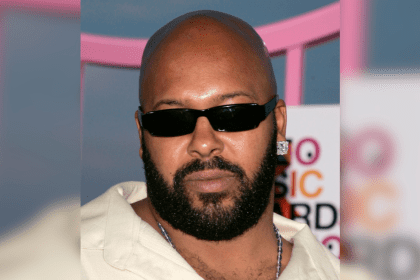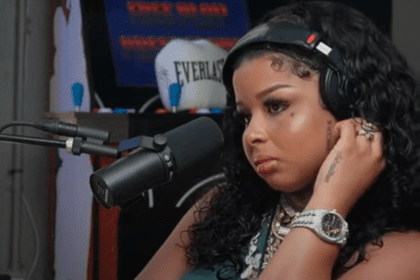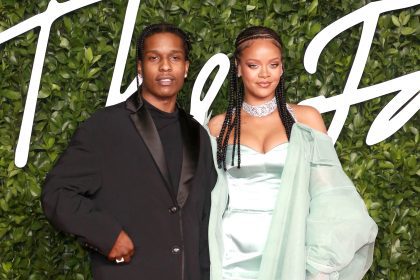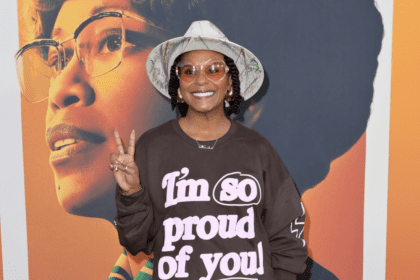
I met Kevin Powell in 2007. He was promoting the Black and Male In America Conference and I was assigned to do a piece on the writer, speaker and activist, so I flew from Atlanta to Brooklyn and met up with him at a basketball court in Fort Greene. I remember being very late but Powell was understanding — I was still learning New York City, knew nothing about getting around in Brooklyn and had a cab driver who was apparently as ignorant as I was. But I remember our conversation and how passionate Kevin was regarding the community and how open he was about his own conflicted history and how he hoped to use his mistakes and successes to educate younger guys. I was in my late 20s at the time and still very much uncertain about my own career as a writer, but that conversation and a couple of others with the man who’d thrust MTV into the racism conversation, delivered the most indelible interviews with the late Tupac Shakur, and run for Congress helped provide some kind of a road map as I entered my 30s. I recently met back up with Kevin Powell for the first time in eight years on a gray morning in downtown Brooklyn, where he talked to me about his recently published memoir, The Education of Kevin Powell, and revealed just how hard — and how cathartic — the experience of telling his life’s story had been.
The relationship with our parents is typically complicated. How difficult was it to revisit you and your mother’s sometimes-painful history?
I remember when Michael Jackson was alive — I don’t remember who the interview was with, Oprah Winfrey or someone else — but when the question came up regarding his relationship with Joseph Jackson, I thought about how complicated our relationships are with our parents [as] black people. On the one hand, Michael became the multigenerational global superstar that he was because of the work ethic and discipline and dedication he got from his father — that push. But on the flip side, there was obviously abuse there, and trama and pain. I can say the same thing about my mother. To this day, I still wake up at 5:30-6 every morning because I can hear my mother’s voice: ‘Don’t be lazy, don’t be a lazy person. You’ve got to get up.” That was the way she was raised in the South and I grew up with that same mindset, even though I was born in the North. The work ethic, taking your education seriously, always learning — I got all of that from my mother. My mother is so integral to my life. In the book, she’s in the first part of the book, she’s in the introduction and in the very last sentence in the book, I reference my mother. So she’s the single most important person in my life, but it’s what I would call a complicated love. Clearly I love her. Clearly she loves me. But because of my mother’s experiences — racism as a Black person, sexism as a woman and classism as a poor black woman in America — she had a very limited tool box in terms of how to deal with me. So it was very tough, what we call a “tough love.” There were no “I love yous” or hugs and kisses, as I talk about in the book. As a sensitive child, I craved those things, like most children would. It confused me. A lot of the things that were said to me and were done to me as a child. Clearly my father dissing her and abandoning both of us affected her and a lot of it was taken out on me. That’s a lot for a child to process. It was only through years of therapy and counseling that I was able to write this book and present my mother as a whole human being. I always felt that if I wrote this book 20 years ago, it would’ve been a very angry book at my mother and my father. I didn’t want to write a book like that, I wanted to write a book about healing and love and putting it into context. That’s why a good part of the beginning of the book deals with the South — the space that created my mother. So people can understand, she’s not just someone acting this way. I said in another interview, when someone asked “Was your mother abusive toward you?” I said “No, actually racism in America is abusive toward people of color, toward Black people, and my mother was a victim of that and she was simply acting out of what she experienced.”
One of the most prominent themes in this book is poverty — your upbringing, the struggles of your early 20s in Newark–why was that important to emphasize?
For me, Dr. King is one of my greatest heroes and Dr. King, as people know, at the end of his life he talked about the need for a poor peoples’ campaign. I realized as I became an adult that I was one of the people Dr. King was talking about — me, my Momma, my Aunt Cathey, my cousin Anthony, my grandparents, all of my people in South Carolina who are poor. And I feel like in this country, a lot of times, we talk about the rich in this country or we talk about the middle class but we never talk about poor people anymore. Or we refer to them as “disenfranchised” or “underprivileged.” No — we are working-class people. We’re working families, and we simply don’t have any money — but we’re rich in other ways. So I wanted to humanize who we were and what we experienced. For all of the moments of rats and roaches that I described in the book, there’s also those tender moments like when my mother is teaching me how to count and how to spell and telling me what she wants me to be when I grow up and envisioning me going to college. This was a poor black woman who had never gone past the eighth grade but she had the imagination to say to her three or four year old son that “You’re going to go to college.” That’s a poor person talking. I wanted everyone to understand that poor people have dreams, too. Poor people have lives, too. And just like everyone, our lives matter.
Your recollections of being a Black student at Rutgers are especially timely given what’s happening now across the country.
When I was writing my book and writing the chapter about being a Black student at a predominantly White university; this was back in the 1980s, but here we are in the 21st century— University of Missouri, Princeton University, Yale University — all of these college campuses exploding with Black students protesting the same things we were protesting a generation ago. Which is the same thing the generation before me was protesting. In spite of Barack Obama being in the White House and in spite of my being the first person in my immediate family to go college. In spite of the progress we’ve seen in America, the fact that we have Black students on these college campuses feeling alienated, isolated and thinking and feeling, rightfully so, that racism is everywhere: in the various departments, in the leadership of these institutions, etc., it says that we still have a long way to go in this country. If you write a memoir like I did and you simply tell your truth, it doesn’t matter the time period you talk about. It will resonate in other periods. I felt like that when I read Malcolm X’s autobiography as an 18-19 year-old. Here was a man who was born over 40 years before I was born, but here I was experiencing the same things in the 1980s. The hope is that when you write something that it won’t just be about your particular experience or your particular time, but that it will be timeless because people can relate to it. if you’re telling the truth and that’s what I try to do as a writer.
Your relationship with your Mom, your history with women, abuse — this book doesn’t seem to hold back very much. What were you most apprehensive about sharing?
When I was writing the book, I had nightmares several times. I had some apprehensions about talking about my family and the intimate stuff I’ve experienced. Don’t get me wrong— I’ve spoken about it in lectures and speeches around the country. I wrote about my Aunt Cathey. It’s in my blogs where I’ve talked about my father not being there and all kinds of stuff. But it’s a whole other animal when you bring it all together in one book and say I’m going to go from age 3 to my late 40s and be very specific about it. But you have to be fearless. I had to push out of my head what other people might say or what other people might feel. Because for me, art and writing is about making sense of the madness of the world, as Amiri Baraka once said. But it’s also about healing. In my experience writing this book, I’ve gone through a transformative process writing this book. It’s almost been like self-therapy. But I’ve gotten so many emails, so many people have hit me up on Facebook, Instagram, Twitter who said “thank you for writing this book.” It was the hardest book I’ve ever written in my life but I also feel it’s more important than my 11 previous books combined and more important than all the cover stories I ever had at Rolling Stone or Vibe or Essence or Ebony or anywhere. Because the hope is that this book will be about hope and empowering and saving some lives out there.

